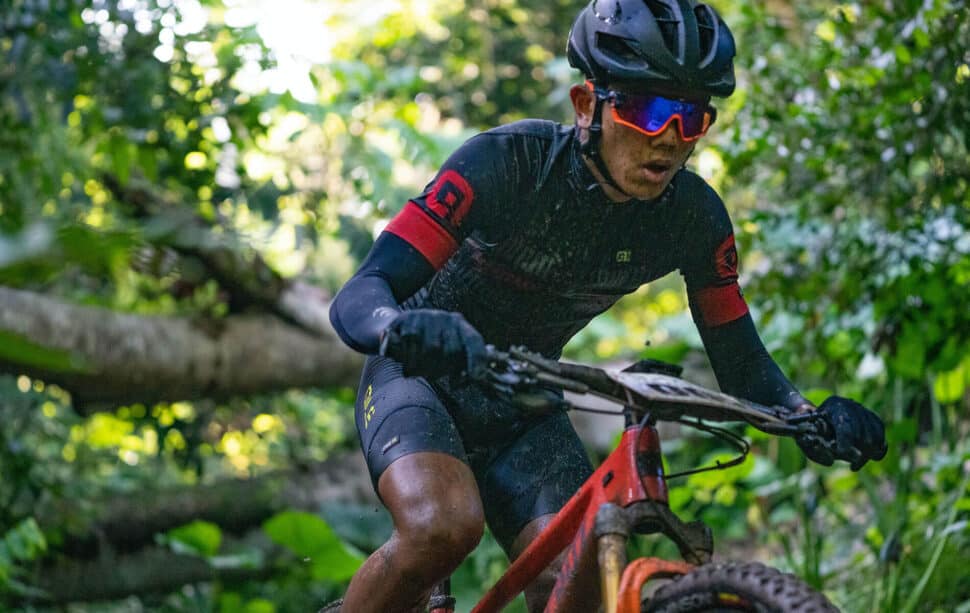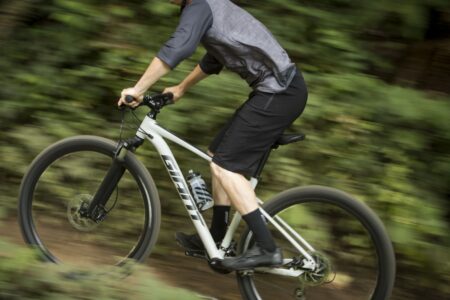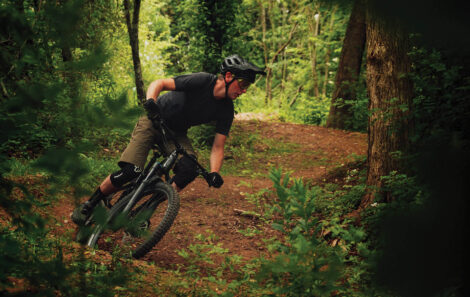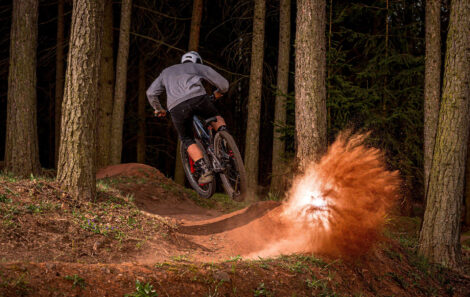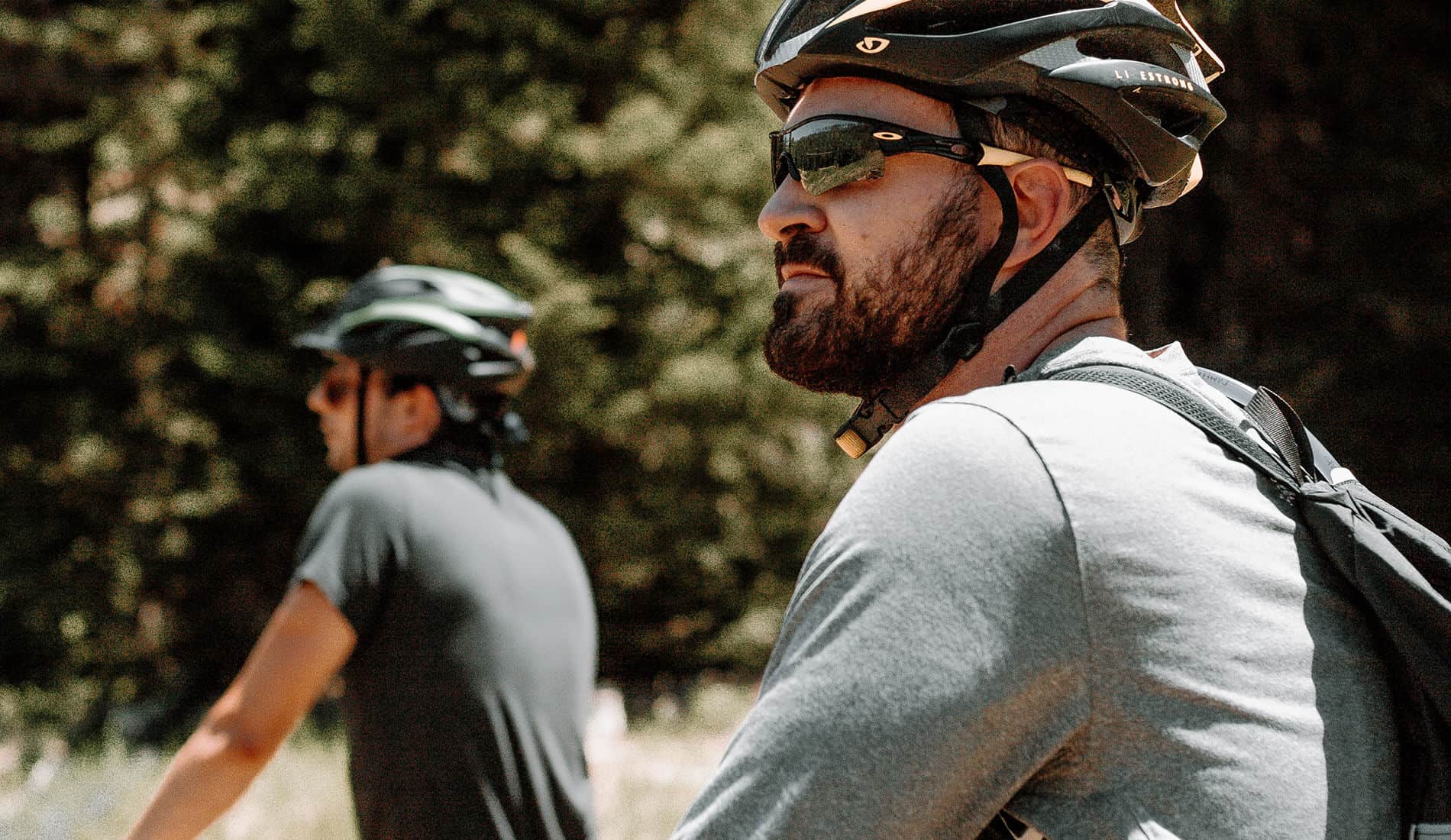
Photo by Chris Henry
As the new year unravels, many riders find themselves in the position of wanting to make the upcoming months count in terms of fitness and results. I know that I tend to make goals that involve me somehow growing tremendously on the bike every new year. Unfortunately, these goals never seem to pass like most riders (and most resolutions). More often than not, I tend to back off my training, ride a little shorter, or just give up entirely and start running (never great for my body). The truth is that if you want to be serious about achieving a measurable goal on the trail in the upcoming year, you need to start looking for a coach.
I have been traditionally wary about cycling coaches over my time as a rider. My background as a road criterium racer involved watching many of my peers and teammates upgrade to Cat 2 on the road and immediately start hiring themselves out as a premier coach to others trying to make the jump from weekend warriors to local racers of record. Many of these coaches gave up on racing at this point, choosing instead to teach others how to be very good but not great. This arrangement doesn’t usually work out in the long run, but it doesn’t mean it was completely without value.
My experience as a mountain biking coach
In all transparency, I have never had a coach train me on the mountain bike, but I have been a mountain biking coach for others for several years. I do not consider myself a professional by any means, but I’ve learned and taught enough to know I’ve been helpful to beginning riders. My riders were amateur racers, which meant I had to focus on fitness and riding ability: the two keys for any coaching relationship to succeed on the trail. These two components of coaching are very different than for riders on the road, which is almost all data and fitness driven. There is much more wiggle room and subjectivity with mountain bike coaching, and with that structure comes more room for relationships.
What to look for in a mountain biking coach
If you are genuinely seeking a coach for mountain biking, the first key is to make sure they are riding with you often. So many of my friends who raced on the road would rarely see their coaches. Instead, they would send their ride data from their power meters and receive workouts or guidance on pressing the training load or rest. It was a pretty impersonal experience, even if it effectively increased fitness for some riders. Coaching on the trail requires some data, but time in the saddle is also essential. I’ve learned more riding behind and watching those who were more skilled than me than any set of heart rate data could show.
A mountain biking coach can aid your fitness level
Nevertheless, fitness is still a significant component of improving on the bike, especially if you already have the basic skills. Make sure your coach is aware of your training schedule and especially the kinds of terrain you’re riding. Watts and beats-per-minute do not count the same on every trail. When I was a coach, we had a great combo of endurance and interval days, similar to any major endurance sport. The interval days usually included racing through segments or trail loops 3-5 times on a single ride. I told them that I didn’t care who had the fastest time; the goal was to make your last time beat your first. I made them race themselves (their toughest competitor), and I taught them to handle their bike better by taking cleaner lines through trail sections they were familiar with. It was incredibly effective.
Getting a mountain biking coach isn’t for everyone, but if you want to make huge gains this season, it may help you dramatically. The key is to focus on someone you respect in terms of fitness and ability and genuinely enjoy riding with. Most mountain bikers are more than happy to lend their wisdom to younger or beginner riders, so take them up on it. You never know your riding potential without letting others guide you in the right direction.
Matthew Chisholm
Matt Chisholm is a data analyst and freelance writer who studies the environmental history of the Southern Smoky Mountain region of North Carolina. He was a contributor to Lost in Transition: Removing, Resettling, and Renewing Appalachia and the 2016 edition of the Journal of East Tennessee History, for which he won the 2017 McClung Award. When not writing, Matt enjoys road and mountain biking, hiking, trail running, and drinking beer around Concord, NC where he lives with his wife, daughter, and twin boys.
Get the email for busy mountain bikers.
Discover the best products + gear, and learn about deals from brands you love.





